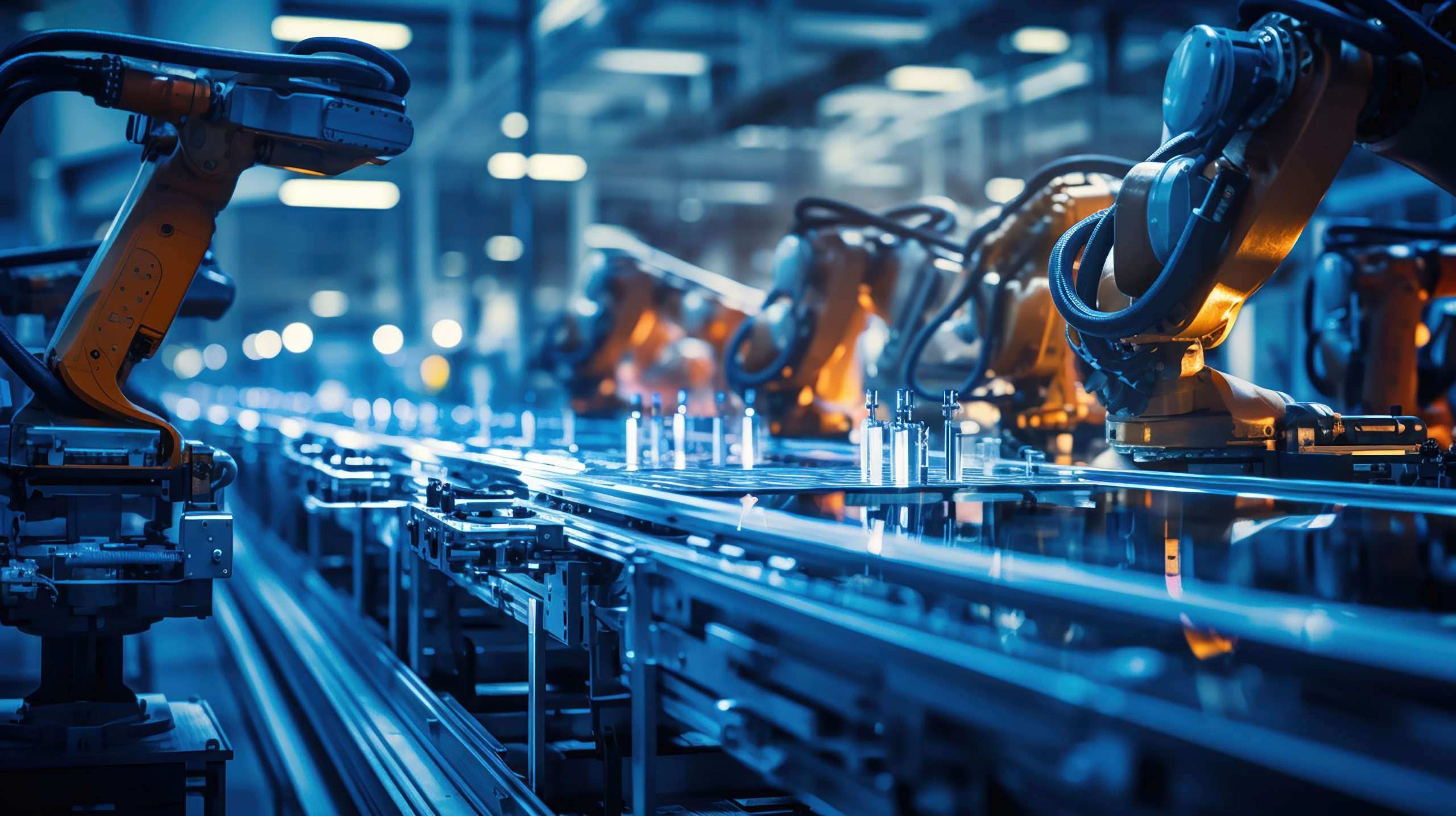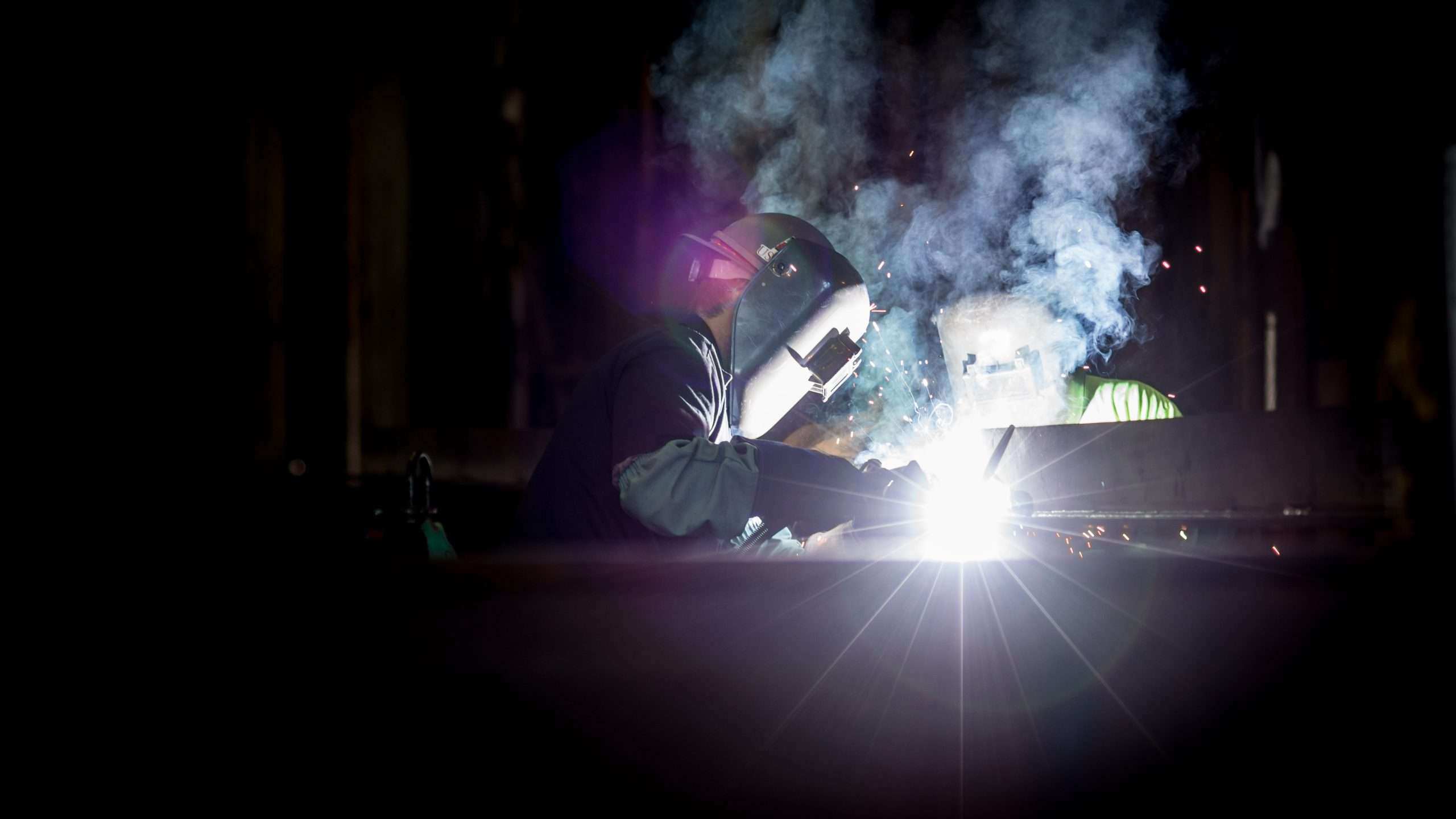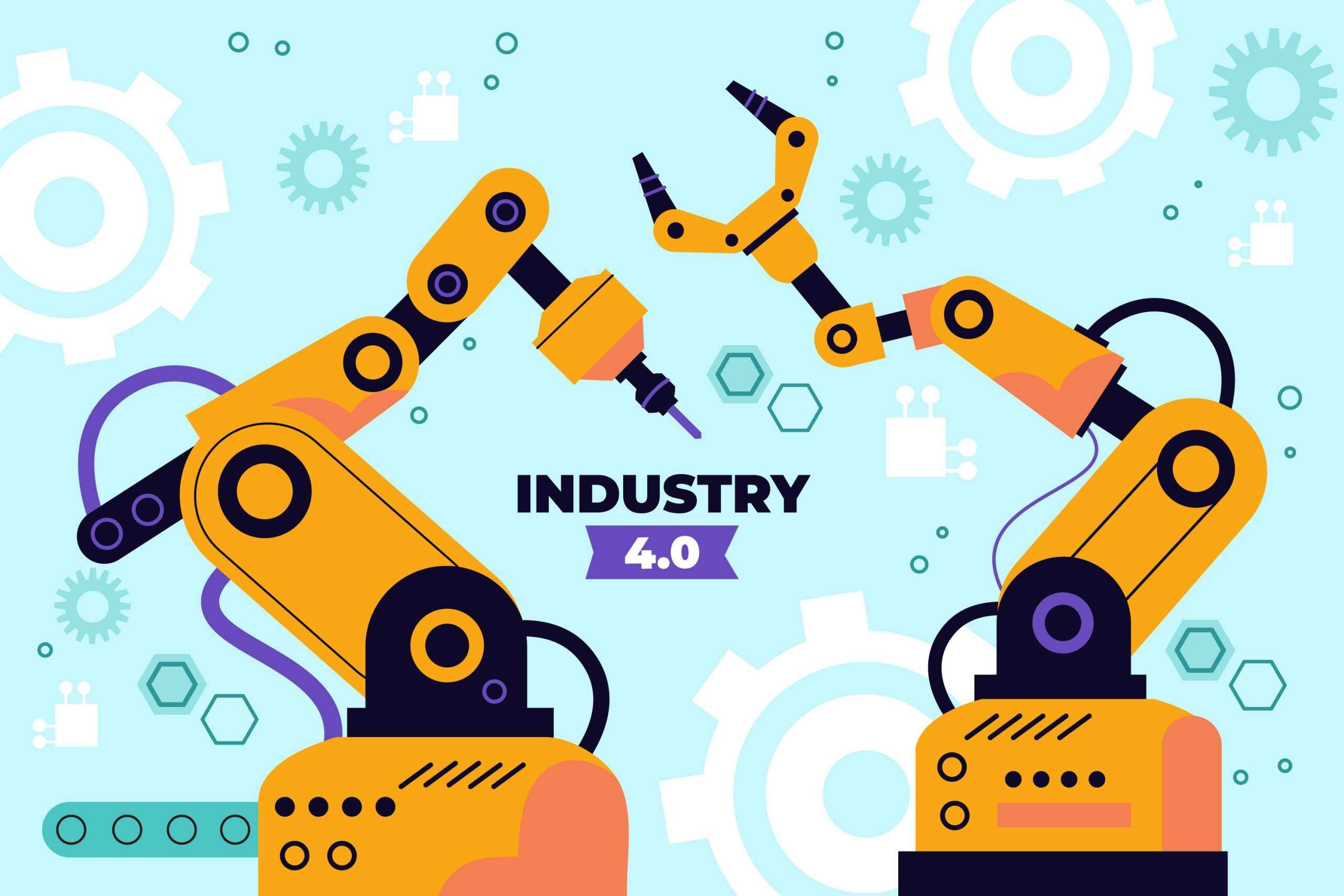
In the ever-evolving landscape of agriculture, the harmonious integration of traditional wisdom with cutting-edge technology signifies a promising trajectory towards sustainable progress. With the global population on the rise and environmental challenges looming large, leveraging technology in farming practices emerges as a pivotal strategy to address pressing agricultural concerns.
Agritech, a multifaceted domain bridging agriculture and technology, encompasses a diverse array of innovations poised to revolutionize every facet of food production, distribution, and consumption. From precision agriculture and biotechnology to blockchain-enabled traceability and regenerative farming practices, Agritech presents a versatile toolkit for confronting the complex challenges facing modern agriculture in the 21st century.

Precision agriculture:
Precision agriculture stands out as a transformative approach that optimizes farming through advanced technologies, thereby enhancing resource management and boosting crop yields. One pivotal innovation within precision agriculture is variable rate technology (VRT) for fertilizer application. Unlike traditional methods, VRT allows farmers to adjust fertilizer rates based on soil variations, thereby enhancing nutrient utilization and minimizing waste.
Remote sensing, another crucial component of precision agriculture, facilitates early detection of crop stressors such as water deficiency or nutrient deficiencies. By analyzing imagery from satellites or drones, farmers can pinpoint areas needing attention, enabling targeted interventions to maintain yield potential.
Moreover, precision agriculture integrates advanced data analytics to tailor management plans. By combining soil tests, weather forecasts, and crop models, farmers can develop customized strategies optimized for their specific field conditions and production goals.
Precision planting technology serves as another cornerstone of precision agriculture, enabling farmers to precisely control seed placement and spacing. By optimizing planting patterns based on soil characteristics and historical yield data, farmers can enhance crop uniformity and emergence, leading to more consistent yields and increased profitability.
In essence, precision agriculture empowers farmers to optimize resource use, minimize environmental impact, and enhance productivity. Through the strategic integration of technology and data-driven decision-making, precision agriculture is shaping a more sustainable and resilient future for agriculture.

Smart farming technologies:
Smart farming technologies herald a new era of connectivity and data-driven decision-making in agriculture. Leveraging the Internet of Things (IoT), sensors, and advanced analytics, these technologies optimize various aspects of farm management, including irrigation, fertilization, pest control and crop monitoring.
One key application of smart farming technologies is in irrigation management. IoT devices equipped with soil moisture sensors and weather forecast data enable farmers to monitor soil conditions in real-time and adjust irrigation schedules accordingly, leading to water conservation and improved crop health.
Similarly, smart farming technologies excel in crop monitoring and management. Drones equipped with multispectral cameras and other sensors capture high-resolution imagery of fields, providing farmers with valuable insights into crop health, growth patterns, and pest infestations. This data empowers farmers to detect issues early and take proactive measures to optimize yields.
Additionally, the integration of artificial intelligence (AI) and machine learning algorithms allows for predictive analytics and prescriptive recommendations. By analyzing vast amounts of data, AI-powered systems anticipate crop diseases, optimize planting schedules, and recommend optimal input levels, helping farmers make data-driven decisions to maximize productivity and profitability.
Overall, smart farming technologies provide farmers with real-time insights, actionable recommendations, and improved efficiency across all aspects of farm management. By harnessing the power of connectivity and data analytics, smart farming is revolutionizing agriculture and driving sustainable growth in the industry.
Robotics and automation are reshaping the agricultural landscape, offering innovative solutions to labor shortages, rising input costs, and evolving market dynamics. These technologies streamline farm operations, reduce manual labor requirements, and enhance operational efficiency across various stages of the farming process.
One notable application of robotics in agriculture is in harvesting. Robotic harvesters equipped with advanced sensors and computer vision systems efficiently and accurately harvest crops such as fruits, vegetables, and berries. By identifying ripe produce and sorting it based on size and quality, these robots significantly reduce labor costs and increase harvesting speed.

Robotics and automation:
Robotics and automation play a crucial role in precision agriculture practices such as weeding and spraying. Autonomous weeders equipped with cameras and AI algorithms can identify and remove weeds with precision, reducing the need for herbicides and manual labor. Similarly, automated spraying systems precisely apply pesticides and fertilizers based on crop requirements and field conditions, minimizing waste and environmental impact.
Furthermore, robotics enable advancements in post-harvest handling and processing.
Automated sorting and packing systems streamline the packaging process, sorting produce based on size, color, and quality, and packaging it for distribution. These systems reduce manual labor requirements and ensure consistency and efficiency in product handling, enhancing the quality and marketability of agricultural products.
Additionally, robotics and automation enhance efficiency and safety in livestock farming. Robotic systems for feeding, milking, and monitoring livestock optimize feeding schedules, ensure proper nutrition, and detect health issues early on, improving animal welfare and farm productivity. Automated systems also reduce the risk of injuries to farm workers by handling repetitive or hazardous tasks.
Overall, robotics and automation offer significant opportunities for increasing productivity, reducing costs, and improving sustainability in agriculture. By leveraging these technologies, farmers can optimize resource use, minimize environmental impact, and enhance the quality and efficiency of food production. Robotics and automation are driving transformative changes in agriculture, paving the way for a more efficient, sustainable, and resilient farming industry.

Biotechnology:
Biotechnology holds immense promise for addressing global food security challenges through genetic engineering, gene editing, and biopharming. These innovative approaches offer novel solutions to enhance crop resilience, nutritional value, and yield potential in diverse agricultural settings.
Furthermore, biotechnology enables the production of biopharmaceuticals, vaccines, and industrial enzymes in plant-based systems through a process known as biopharming. By leveraging plants as bioreactors, researchers can produce high-value compounds for pharmaceutical and industrial applications more efficiently and sustainably compared to traditional manufacturing methods.
One notable example of biopharming is the production of plant-based vaccines against livestock diseases and human pathogens. Plants such as tobacco, maize, and potatoes can be engineered to produce vaccine antigens, enabling cost-effective and scalable production of vaccines for diseases like foot-and-mouth disease, avian influenza and hepatitis B.
Moreover, biotechnology plays a crucial role in enhancing crop nutritional value and quality. By engineering crops to produce higher levels of vitamins, minerals, and essential nutrients, scientists can address malnutrition and improve public health outcomes, particularly in regions where access to diverse and nutritious foods is limited.
Additionally, biotechnology offers solutions for sustainable agriculture practices, such as biocontrol agents for pest management and bioremediation of contaminated soils. By harnessing natural processes and microbial communities, researchers can develop environmentally friendly alternatives to chemical pesticides and fertilizers, reducing reliance on synthetic inputs and promoting ecosystem health.
Overall, biotechnology represents a powerful tool for addressing the complex challenges facing modern agriculture, from food insecurity and environmental degradation to climate change and public health. By harnessing the potential of biotechnology, researchers and farmers can develop resilient, sustainable, and nutritious food systems that benefit both people and the planet.
In DuckMa, an exemplary case of this application is the project 3Bee, developed for a prominent climate tech company. Leveraging our expertise in agricultural technology, we led the creation of an innovative app tailored specifically for beekeepers. This comprehensive tool not only enables beekeepers to efficiently manage their hives but also provides valuable data and insights into hive health, productivity, and environmental conditions. Moreover, the 3Bee app extends its reach to clients who adopt hives or trees, offering them a seamless platform to track their contributions to environmental conservation and sustainability efforts.
Discover more about this Case Study here.

Agri-robotics:
Agri-robotics represents a frontier of innovation in agricultural automation, encompassing a spectrum of robotic systems designed for planting, monitoring, harvesting and post-harvest handling operations. From autonomous drones and robotic arms to soft robots and swarm robotics, agri-robots offer scalable and adaptable solutions for addressing labor shortages, increasing operational efficiency and enhancing the quality and safety of agricultural products. By harnessing the power of robotics, farmers can overcome logistical challenges, optimize workflow processes, and ensure the sustainability and resilience of agricultural systems in an era of rapid environmental change.
However, the successful integration of Agritech into agriculture necessitates a holistic approach that acknowledges and integrates traditional knowledge systems, cultural practices and indigenous wisdom. Indigenous farming techniques, agroecological principles, and community-based governance systems offer invaluable insights into sustainable land management, biodiversity conservation, and climate resilience, enriching the tapestry of agricultural innovation with centuries-old wisdom and stewardship practices. But technology can and must significantly enhance sustainable agriculture, this is possible by integration of AI technology.
Technology not only can but must play a crucial role in enhancing sustainable agriculture by blending traditional practices with modern innovations:
– Precision farming enhances sustainable agriculture by monitoring crop health and soil conditions, thus minimizing waste and optimizing resource usage.
– Drone technology is utilized for aerial surveys and precise delivery of supplements, significantly reducing environmental impact.
– Renewable energy sources like solar and wind power operations, decrease the carbon footprint of farms and promote ecological balance.
– These technological interventions honor natural rhythms while ensuring efficient, sustainable agricultural practices that endure across generations.

Conclusion:
In conclusion, the convergence of tradition and technology holds immense promise for the future of agriculture, offering a pathway towards resilience, sustainability, and equitable prosperity. By embracing Agritech solutions that honor the legacy of the past while embracing the imperatives of the future, we can cultivate a thriving agricultural ecosystem that nourishes both people and the planet.
At DuckMa, we champion the seamless integration of classic agricultural methods with cutting-edge Agritech solutions, aiming for a future where tradition and innovation merge to foster robust agricultural ecosystems and prosperous rural communities.
We take pride in our development of projects like 3Bee, and remain steadfast in our commitment to advancing the frontiers of Agritech, empowering farmers with the tools, knowledge, and resources they need to thrive in a rapidly changing world. Join us in reimagining the future of agriculture, where tradition and progress intertwine to create abundance, resilience and harmony for all.


